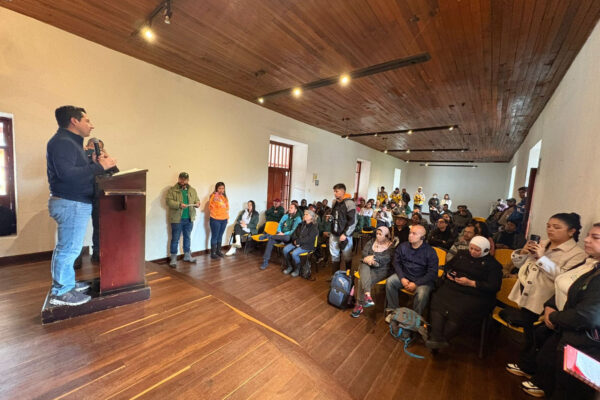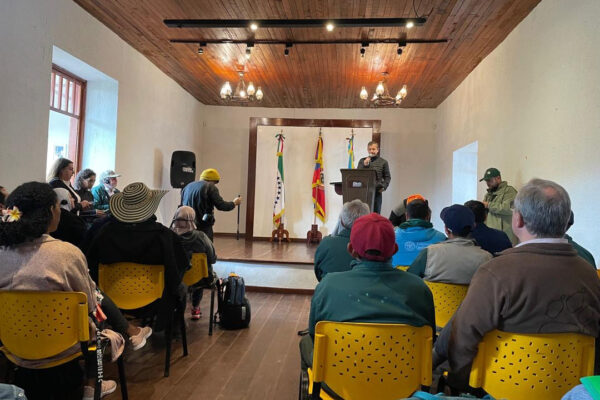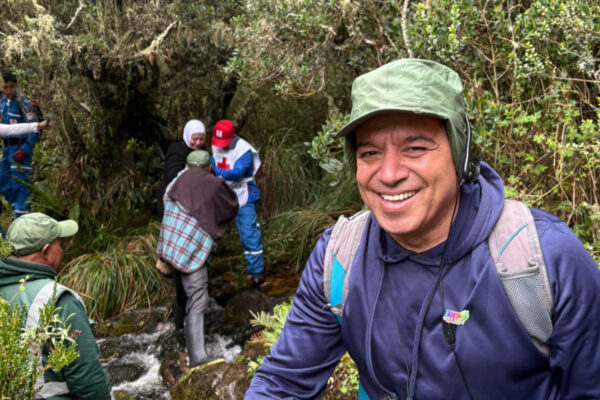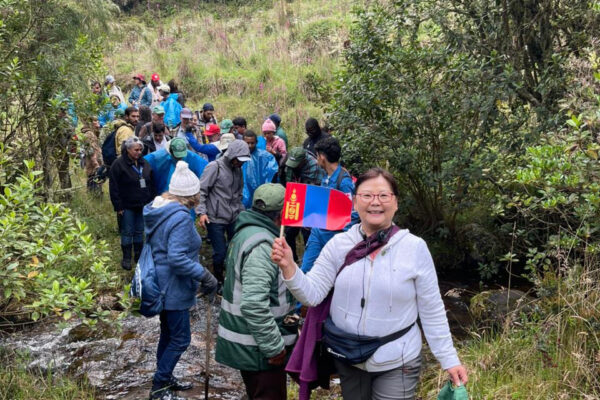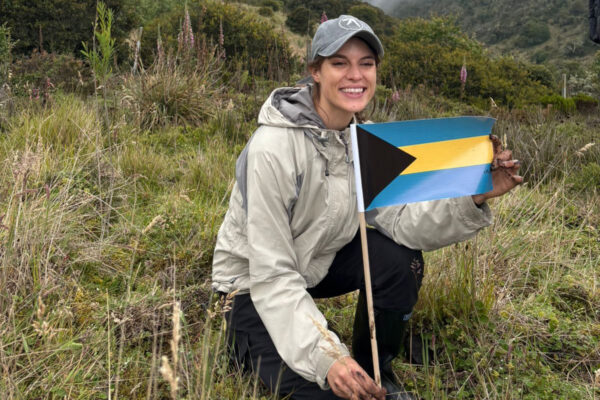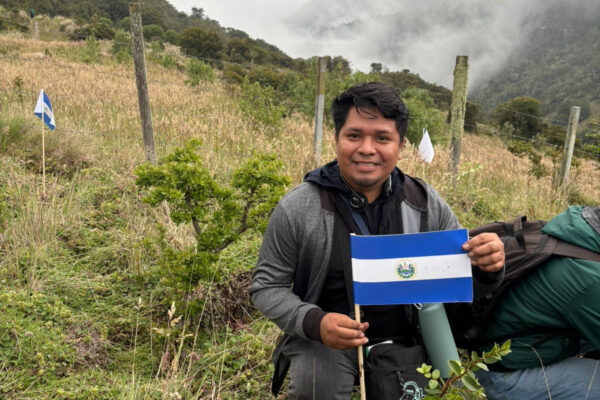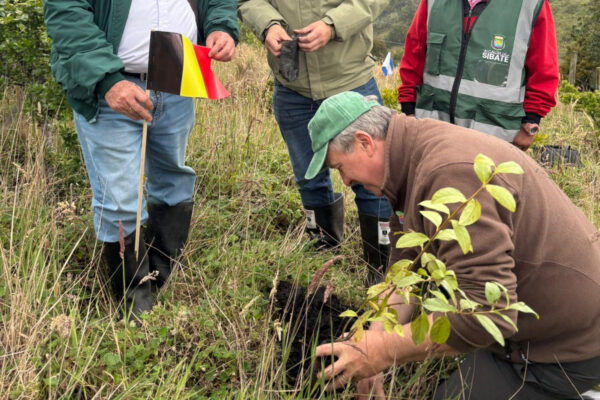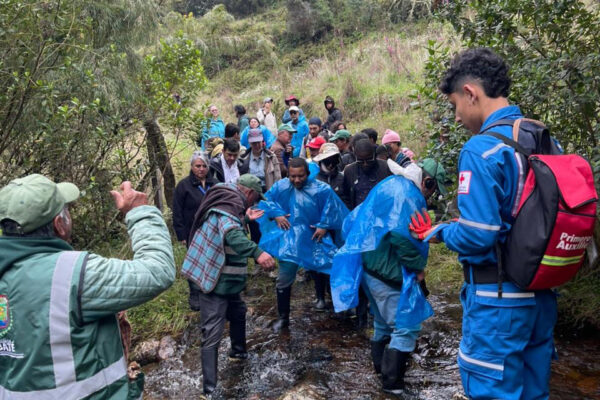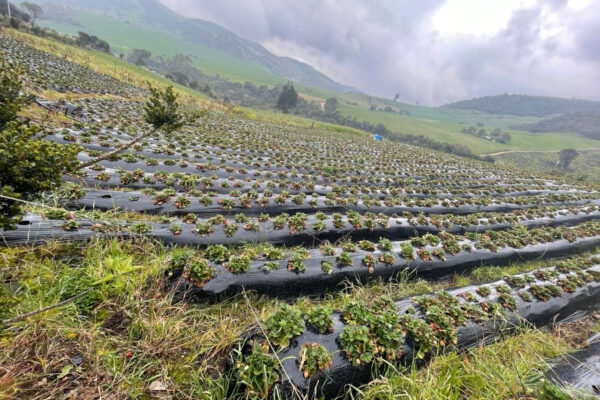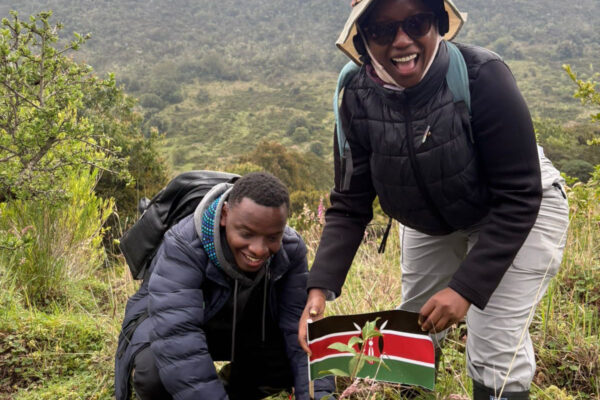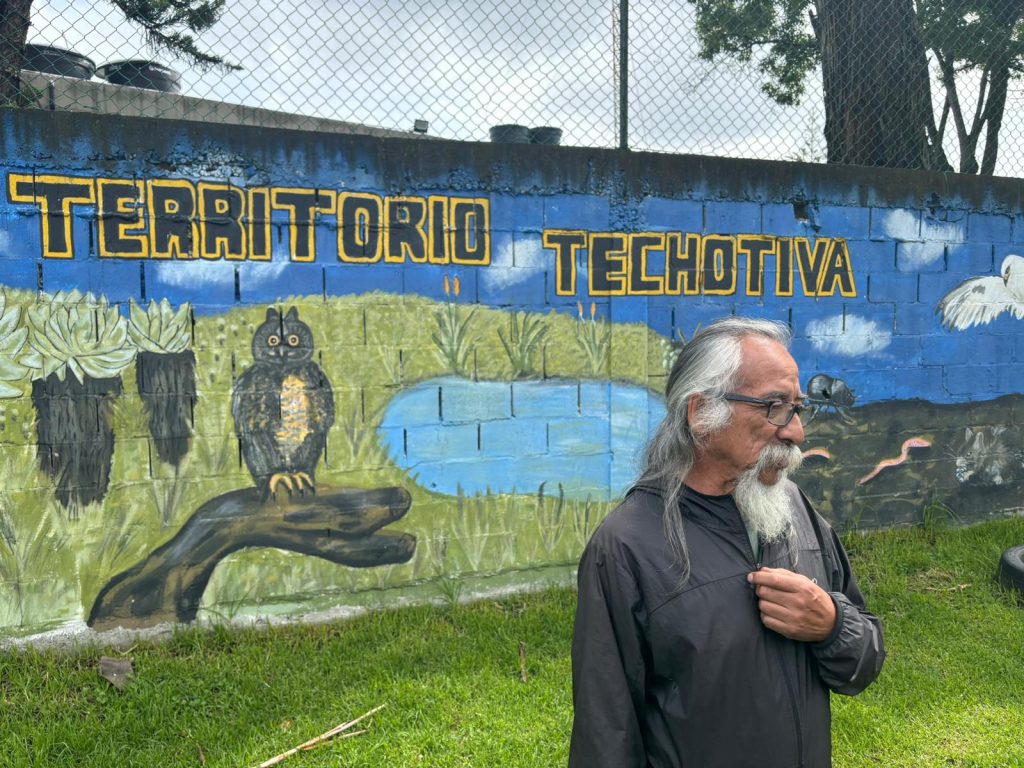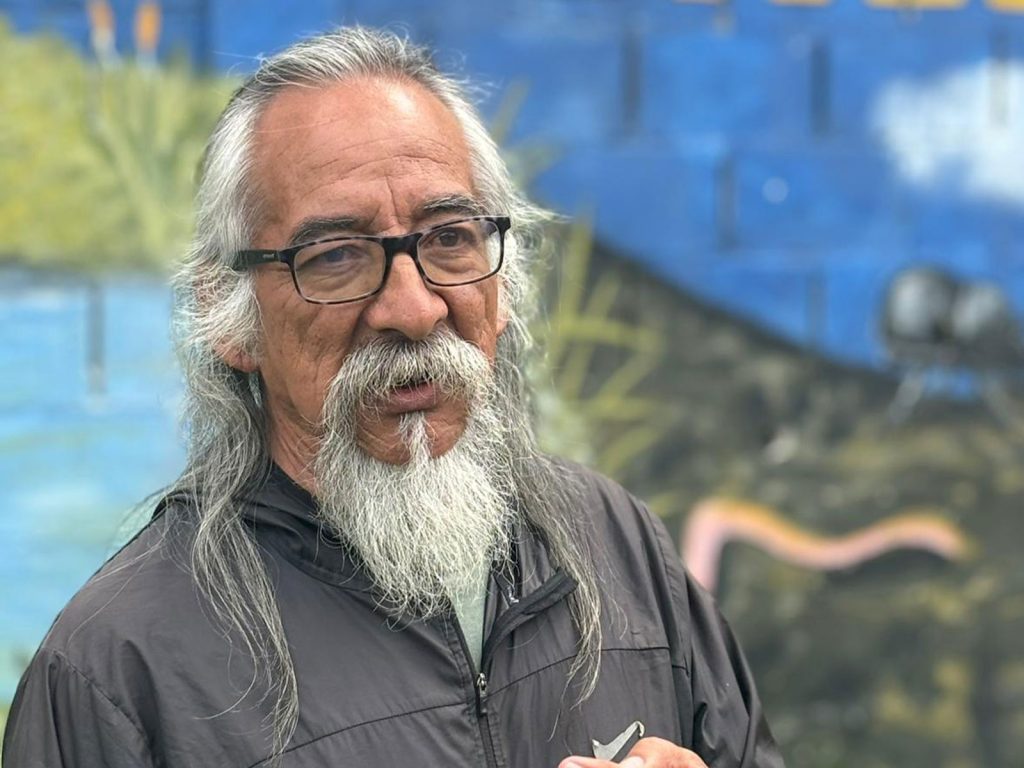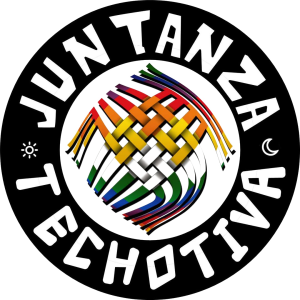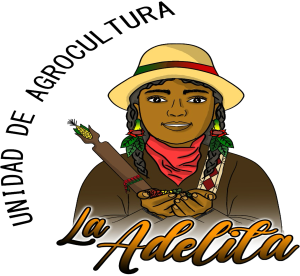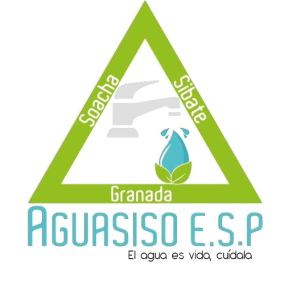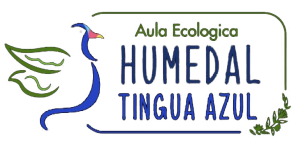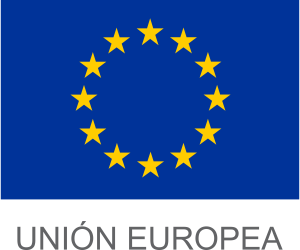In this environment, the AGUASISO Regional Water Supply Association, supported by the European Union and other international cooperation agencies and in alliance with government entities, has been working on the implementation of the Territorial Route “Regional Integration Alliance for the characterization of properties with potential for entry into the Payment for Environmental Services (PSA) Scheme in the Cruz Verde-Sumapaz Páramo complex”. These efforts aim to identify and establish areas of intervention:
| Actions to be recognized (in Ha) | |
| Preservation | 1.478,83 Ha |
| Passive Restoration | 8,80 Ha |
| Active Restoration | 27,38 Ha |
| Total areas to be recognized | 1.515,01 Ha |
These properties, mostly located in the municipalities of Pasca, Sibaté and a small percentage in Soacha, are connecting properties on the border of areas of strategic importance, which allow producers to organize to protect the moors and the areas that supply water to nearby communities. This recognition leaves areas for protection or conservation, limiting the impact on the agricultural frontier and the deterioration of the soil, and recognizing the need to maintain food security for both their family and social environment.
The PSA has been consolidated as an effective strategy to prevent changes in environmental coverage. This mechanism offers an economic incentive, either in cash or in kind, to owners, possessors or occupants of land, in recognition of their conservation and restoration efforts in ecosystems and strategic areas. PSAs emerged due to the lack of incentives for conservation in rural communities. Therefore, these schemes not only seek to provide financial support, but also to guarantee access to land and promote the sustainability of agricultural production.
